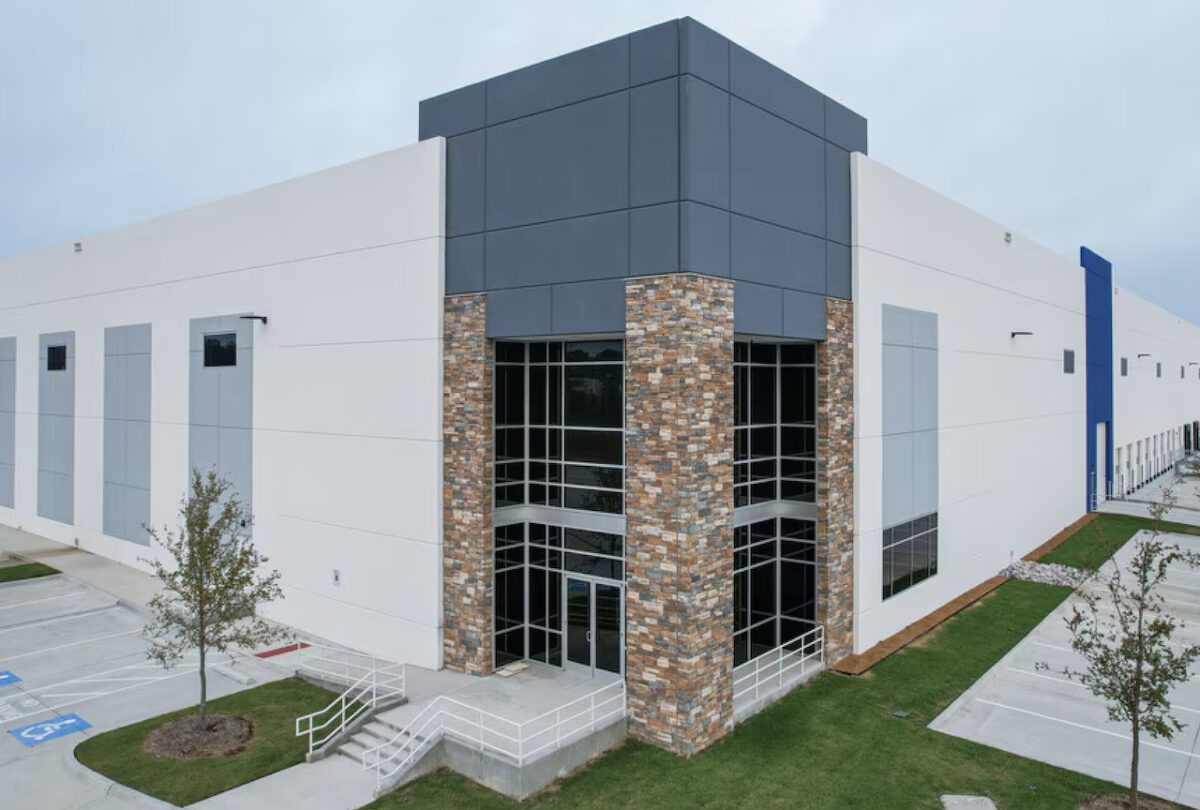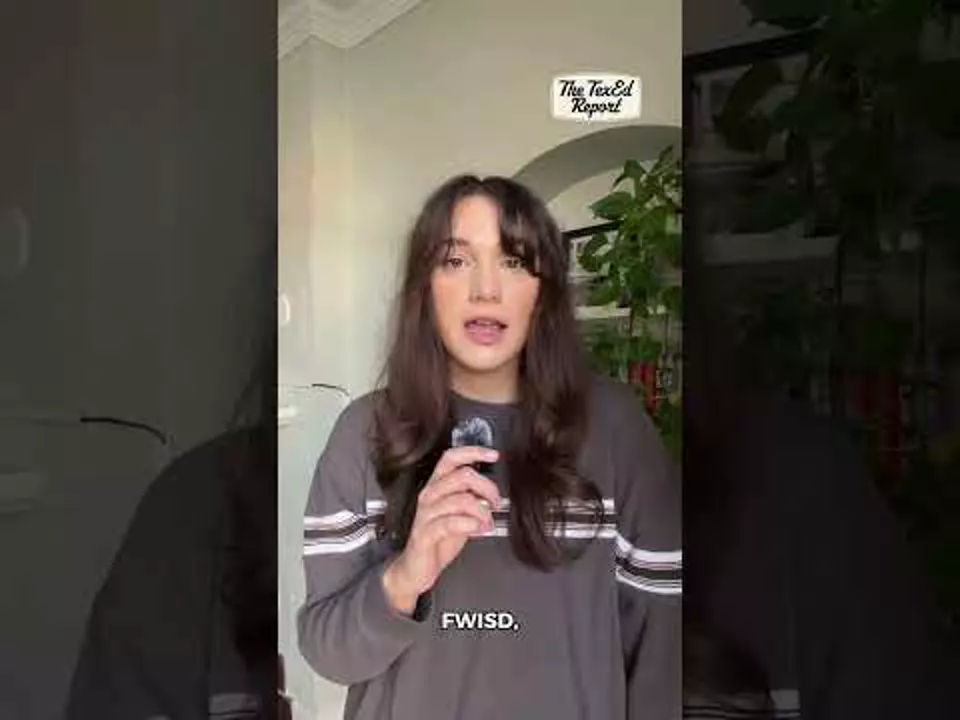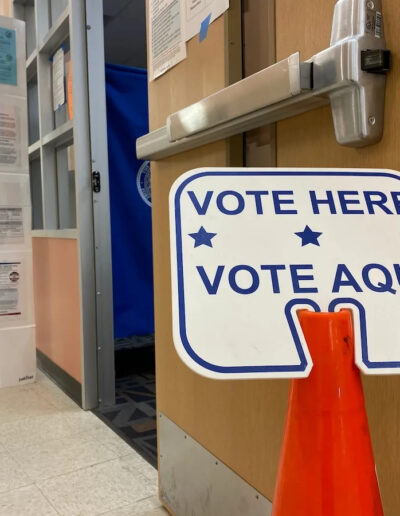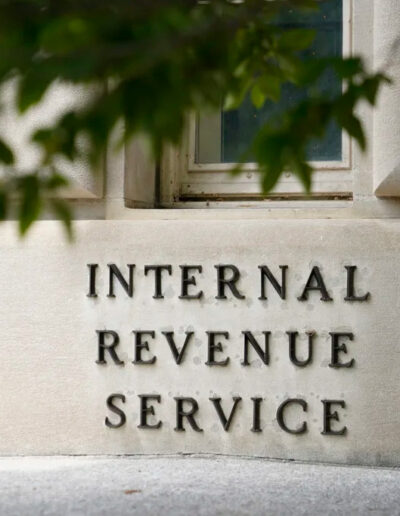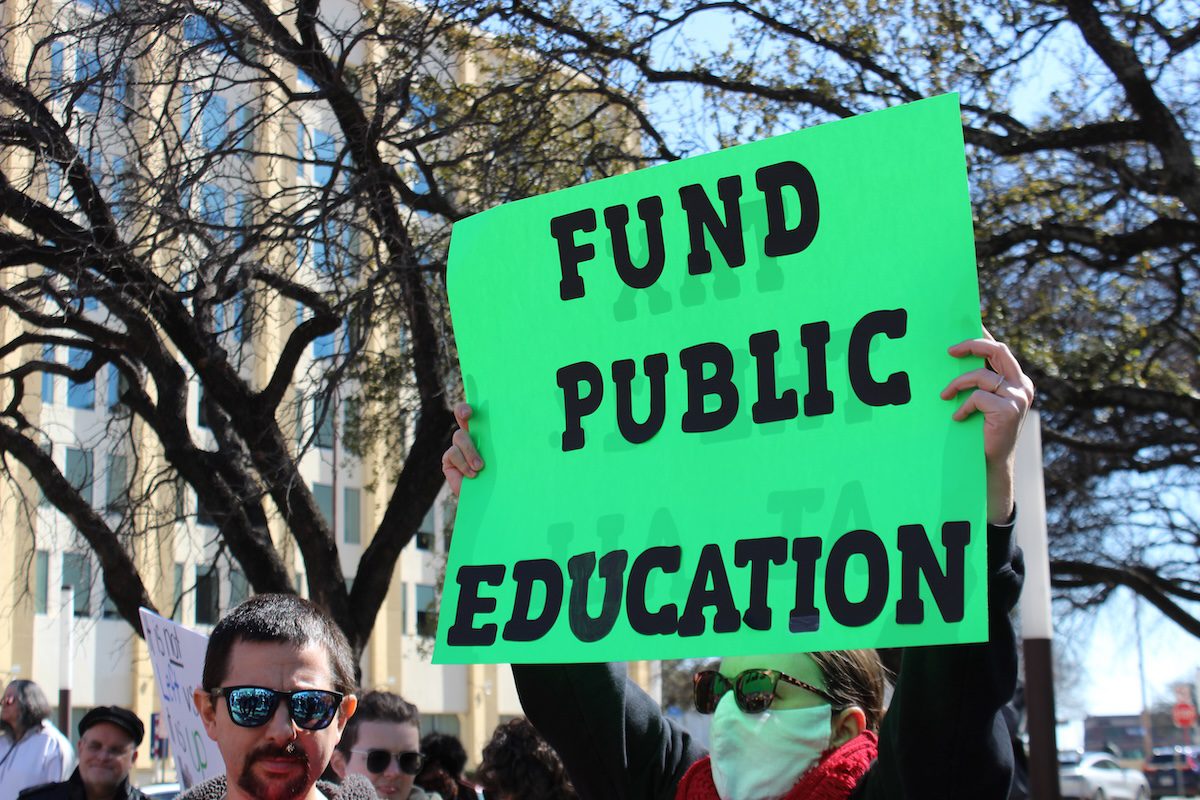
On average, Texas educators earn $9,000 less than teachers across the country, according to Raise Your Hand Texas. (Photo by Katie Serrano)
Texas lawmakers provided $8.5 billion in new funding for public schools this year, including a pay raise for teachers.
Republican Gov. Greg Abbott signed House Bill 2 into law this year, which boosts pay for teachers and support staff, adds funding for special education, and increases the basic per student allotment that helps pay for operational costs.
While teachers throughout the state said that they are grateful for any pay raise, some are voicing their concerns that the increase will not help the teacher shortage facing the state.
“ Of course we like having the couple hundred extra dollars a month to tack onto our paycheck, but I don’t think it increased teacher retention,” April Jones, who teaches Algebra 1 at Northeast ISD in San Antonio, told COURIER Texas. “I don’t see people scouring to be teachers for the extra money.”
The bill allots a $2,500 increase for teachers with three to four years of teaching experience and a $5,000 increase for teachers with five or more years of experience in districts with more than 5,000 students.
In districts with fewer than 5,000 students, teachers with three to four years of experience will receive a $4,000 increase, and teachers with more than five years of experience will receive an $8,000 increase.
On average, Texas educators earn $9,000 less than teachers across the country and 23% less than other college graduates in the state, according to Raise Your Hand Texas. Rising inflation and stagnant cost-of-living adjustments have also reduced teachers’ purchasing power.
“ It can’t be the end of the story, because we know that over the last decade teachers’ purchasing power was on average over $10,000 less today than it was 10 years ago,” said Zeph Capo, president of the Texas American Federation of Teachers. “So they’ve maybe made up for half of that lost purchasing power, so we have at least another $5,000 to go just to get back to the purchasing power they had 10 years ago.”
Capo and Jones also pointed out that several other school employees did not receive the same pay increase that teachers did.
“ I may be a classroom teacher, but I can’t do my job without my instructional assistant, I can’t do my job without the counselor, or the janitorial staff, or any of these other people who help our school run,” Jones said. “So I think a lot of us think, ‘Okay that’s great that you gave us money, but what about all these other people who work here who you’re letting down?’”
HB 2 introduced a new “Support Staff Allotment” that includes raises for non-administrative school employees. Starting this school year, every public school district in the state received $45 per student, which must be used to increase salaries for support staff who are not classroom teachers or administrators.
Districts are required to use the funds exclusively for compensation and, beginning in the 2026–2027 school year, must maintain those salary increases under the new law.
“ It’s not just teachers that impact what happens to students, so there needs to be recognition at the state level of these other employee contributions who are making sure that we’ve got bus drivers that can get kids to school, making sure the rooms are clean, safe, and healthy for students and educators, making sure that we have counselors that can help guide students to the right path moving forward,” Capo added.
Texas private school vouchers add extra worry for educators
When Abbott signed HB 2 into law in June, he said that the measure is a step toward his vision of making the state’s public schools the best in the country.
But public schools were put on the back burner for Abbott, who instead prioritized his private school voucher program during past legislative sessions.
In 2023, Abbott blocked additional school funding when lawmakers didn’t pass his voucher program. This year, once lawmakers finally passed his plan, he signed Senate Bill 2 into law before signing HB 2.
SB 2 uses public, taxpayer funds for families and students to use on private school tuition. Democrats and education advocates vehemently opposed program, raising concerns that the vouchers will divert money away from already cash-strapped public school districts whose funding is directly tied to student enrollment.
“ Public schools are where 90% of Texas kids get educated, so it’s really a mask off moment for lawmakers’ priorities,” said Christopher Wilkins, a graduate student at the University of Texas who taught in Dallas ISD for several years. “It’s hard to say it’s for kids when it’s obvious that it only benefits certain zip codes and only benefits certain populations that could already afford it.”
“We are going to see schools being drained of funds, we are going to leave our most vulnerable students even further behind,” he added.
For Jones, the looming impacts of private school vouchers adds extra worry for her school, students, and colleagues.
“ I think it also comes with a lot of worry because we already know that education didn’t seem very high as a priority, especially when it came to providing us funding,” Jones said. “They are going to use this private school voucher system as a way to keep taking away or privatizing education more and more, to control the narrative that they are allowed to control what we teach.”
“Part of me feels like they gave us this extra money to say, ‘See, we’re doing this for you, you can’t complain anymore,’ while passing all of this other really harmful stuff,” she added. “I would rather not take HB 2 if they took away everything else. You can keep your 5,000 extra dollars if you take away all these other House and Senate bills that you passed, and just go away and leave us to teach without interfering.”
Support Our Cause
Thank you for taking the time to read our work. Before you go, we hope you'll consider supporting our values-driven journalism, which has always strived to make clear what's really at stake for Texans and our future.
Since day one, our goal here at COURIER Texas has always been to empower people across the state with fact-based news and information. We believe that when people are armed with knowledge about what's happening in their local, state, and federal governments—including who is working on their behalf and who is actively trying to block efforts aimed at improving the daily lives of Texas families—they will be inspired to become civically engaged.






